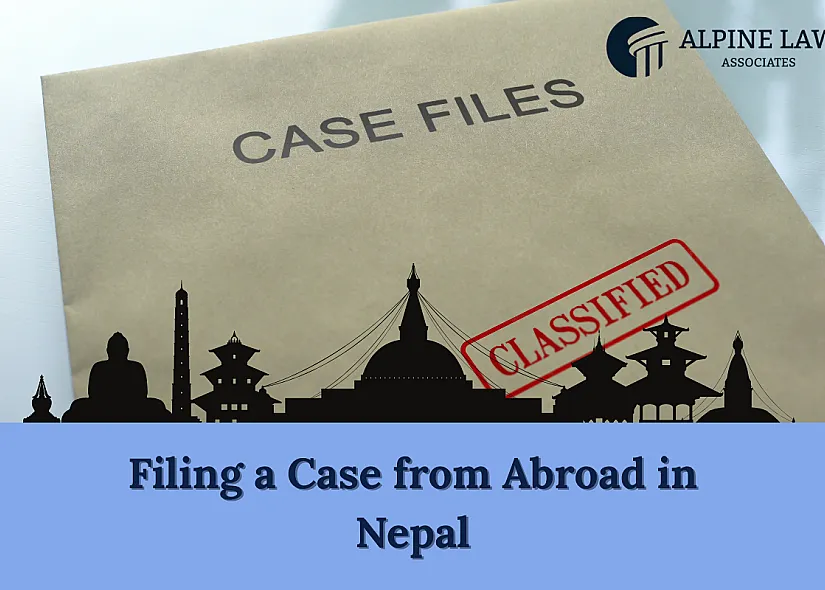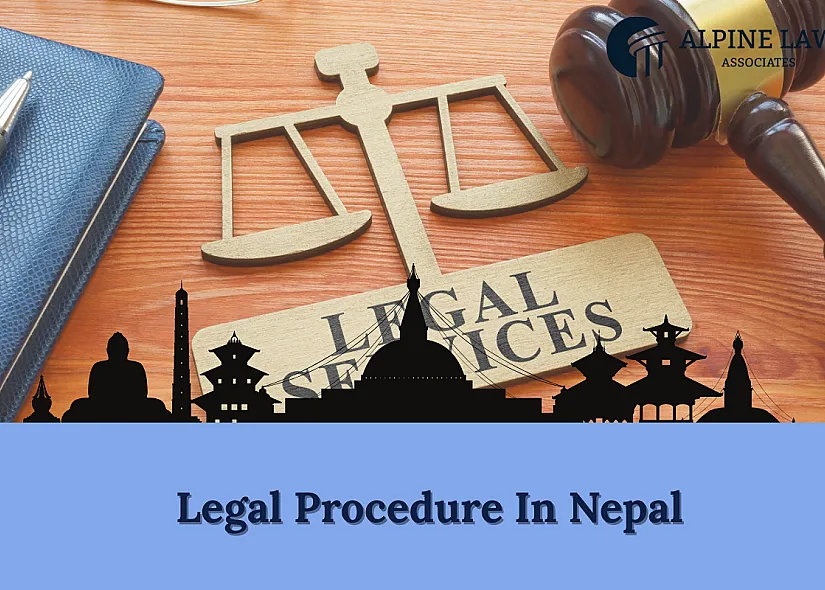Hierarchy and Jurisdiction of Courts and Tribunals in Nepal
This article outlines the court system and judicial hierarchy of Nepal, starting with the Supreme Court, High Court, and District Court, as defined by the Constitution of Nepal. It also covers the roles and jurisdiction of specialized courts like the Special Court, Labor Court, Revenue Tribunal, and Debt Recovery Tribunal. The guide explains how each court or tribunal handles distinct legal matters such as corruption, labor disputes, tax appeals, and loan recoveries. It offers a comprehensive understanding of Nepal’s legal system, its structure, and the legal remedies available to citizens and institutions alike.



-thumb_big.webp)
-thumb_big.webp)
-thumb_big.webp)
-thumb_big.webp)

-thumb_big.webp)
-thumb_big.webp)
-thumb_big.webp)
-thumb_big.webp)

-thumb_big.webp)
-thumb_big.webp)
-thumb_big.webp)
-thumb_big.webp)